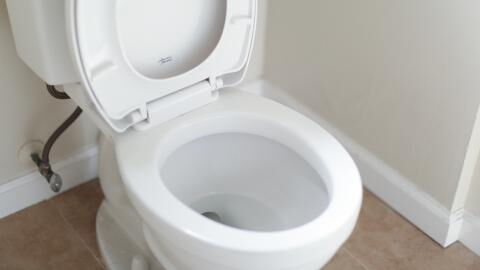In a study published in the Journal of American Medical Association just last week, some findings may suggest that COVID-19 is in fact transmissible via sexual contact.
Discover our latest podcast
Details of the study
When the outbreak first began, studies were carried out at China’s Shangqiu Municipal Hospital. Researchers studied 50 patients, aged 15 and over, between January and February 2020. At the time, these 50 patients were being treated for COVID-19 and had agreed to have tests carried out, which included those on their spit and mucous. They were also asked to provide a sperm sample, which 38 of these patients were able to do, while the other 12 were physically unable to donate their sperm. Of these 38 patients, 23 were in recovery (3 days after their symptoms had disappeared) and 15 were still exhibiting serious symptoms.
Results that raise more questions than they answer
Six samples, or 16% of the cases, revealed traces of the virus. Four were still sick and two were recovering which begs the question of whether the coronavirus is sexually transmissible or not.
However, this testing sample of 38 people is too small to draw any hasty conclusions but does open up new research opportunities, as Antoine Flahault, director of the Institute of Global Health at the University of Geneva, specifies. And then there are other questions, such as what this means for asymptomatic carriers of the virus or how long the virus can survive in semen.
Moreover, traces of the coronavirus SARS-CoV-2 in sperm are genetic but do not prove that they are active viral particles and therefore capable of transmitting the virus. Dr Stanley Perlman, professor of microbiology, immunology and paediatrics at the University of Iowa, explained to the New York Times that at the moment, there is still no evidence that a person could be infected by sexual contact or an intrauterine insemination procedure with infected sperm.
Apparently, if or when you are having sex, you are actually more likely to be infected through oral exchanges of saliva. Make of that what you will, we suppose!















